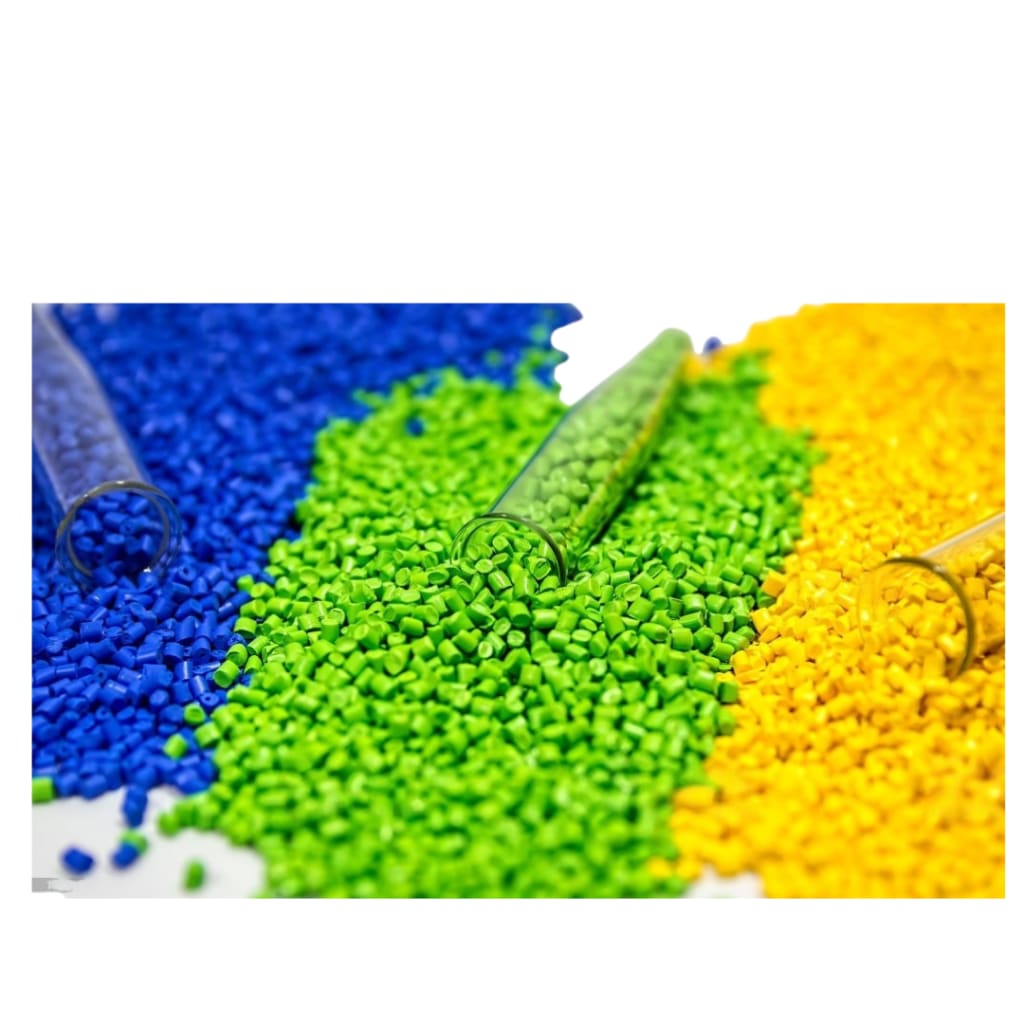what are Plastics Granules Raw Materials
Plastic granules

A material made from plastic granules consists of at least one thermoplastic product. Plastic granules are obtained by recycling plastic waste materials which are collected from different sources and then sorted according to their class, color, and quality. There are many advantages to using plastic granules over other materials, such as metal or glass. Plastic granules are very strong and durable yet lightweight and easy to transport.
Plastic granules use
Plastic granules are the usual form of delivering thermoplastic materials used in the plastic processing industry. the increasing plastic waste has posed a severe threat to the environment and human health. For a long time, our economy has been functioning linearly, working on the take-make-use-dispose principle. plastic granules can be used in many industries that require plastic as a raw material.
Plastic granules used for the microchip production industry, fashion industry, etc
Types of plastics granules
• PET = Polyethylene Terephthalate It has a semi-crystalline form when stable. It is recyclable and shows resistance to impact, moisture, alcohols, and solvents. Polyethylene terephthalate (PET or PETE) is a general-purpose linear semicrystalline thermoplastic polymer. It belongs to the polyester family of polymers. Polyethylene terephthalate is highly flexible, colorless,s and semi-crystalline resin in its natural state.
• HDPE = High-density polyethylene plastic This thermoplastic is made from a string of ethylene molecules (hence, the poly part of polyethylene), and is known for being both lightweight and strong. As one of the most versatile plastic materials around, HDPE plastic is used in a wide variety of applications, including plastic bottles, milk jugs, shampoo bottles, bleach bottles, cutting boards, and piping
• PVC = Polyvinyl Chloride is a high-strength thermoplastic material. It is widely used in applications such as pipes, medical devices, and wire & cable insulation...the list is endless It also finds use in:
1. drinking and wastewater pipes,
2. wire and cable insulation,
3. medical devices, etc.
• LDPE = Low-density polyethylene LDPE is used for manufacturing various containers, dispensing and squeezing bottles, tubing, plastic parts of computer components, molded laboratory equipment, and many caps and closures. LDPE is noted for its low-temperature flexibility, toughness, and corrosion resistance. It is not suited for applications where stiffness, high-temperature resistance, and structural strength are required. The polymer also boasts good chemical properties and impact resistance, making it easy to fabricate or process. It has a melting point of 110°C. Their names themselves can figure out the major difference between LDPE and HDPE. HDPE has a higher density than LDPE, which means that the former has more mass than its volume.
• Polypropylene = Polypropylene (PP) is a thermoplastic “addition polymer” made from the combination of propylene monomers. Polypropylene is used in both household and industrial applications. Its unique properties and ability to adapt to various fabrication techniques make it stand out as an invaluable material for a wide range of uses. There are two main types of polypropylene available: homopolymers and copolymers. The copolymers are further divided into block copolymers and random copolymers.
• Advantages of Polypropylene
1. Polypropylene is readily available and relatively inexpensive.
2. Polypropylene is a good electrical insulator.
3. Uses for polypropylene
4. plastic furniture
5. low friction applications, such as gears in machinery and vehicles.
https://plasticdealers.in/





Comments
There are no comments for this story
Be the first to respond and start the conversation.